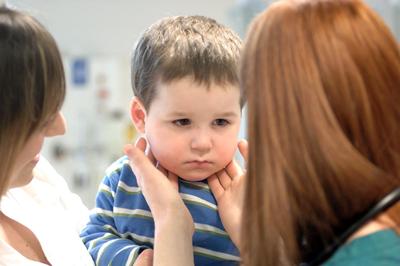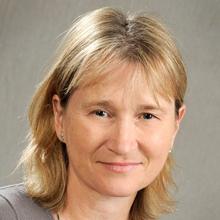New study shows children lose an hour of sleep in noisy hospital wards

Researchers in Southampton have found most children and their parents lose more than an hour’s sleep during hospital admissions, with noise levels a major cause of disruption.
A study led by Dr Catherine Hill, Associate Professor in Child Health at the University of Southampton, found the sound on medical wards exceeded the 30 decibel maximum – equivalent to quiet conversation – recommended by the World Health Organization (WHO) and was significantly louder than in their bedrooms at home.
She said although reducing noise at night in hospitals was an NHS quality indicator, most hospitals were “notoriously poor” sleep environments which could “impact outcomes”.
The research, published online by the journal Archives of Disease in Childhood, compared the length and quality of sleep experienced by 46 children with an average age of nine and 16 of their mothers on general children’s wards and in their bedrooms at home.
The average sound level recorded on hospital wards was 48.24 decibels but reached 50.35 decibels for beds in open bays, with children sleeping on average for 63 fewer minutes a night while their mothers got just under 73 fewer minutes. This compared to noise levels recorded in the children’s bedrooms of 34.7 decibels.
“Previous research has indicated that children’s cancer and intensive care wards are noisy at night, but this is the first time we have established the same situation on general medical wards,” explained Dr Hill, a consultant in paediatric sleep medicine at Southampton Children's Hospital.
“When children lose sleep in hospital they have a lower pain threshold, are more emotional and may have lowered immune defences, so this is an issue we need to address.”
In Southampton, Dr Hill led the launch of a UK-first programme, known as Sleep for Health in Hospital (SHH), to improve the sleep environment for young patients and their parents.
It involved the introduction of ‘eight is late’, which sees lights dimmed at 8pm and a flag raised on each ward to remind everyone about bedtime, the end of visiting hours for the day and the need to switch off electronic entertainment or use headphones.
The SHH programme is now being rolled out nationwide by Dr Hill and her team through the Paediatric Innovation Education and Research Network, which sees her team provide training workshops for staff to help implement SHH.
“The aim with SHH was to take healthy sleep in hospital for young patients beyond a list of recommendations to fundamental culture change and have a transferable programme that could be adopted by children’s wards nationwide,” she said.
“We are now at that stage so, hopefully, we can help to ensure all children and their parents will eventually be able to enjoy a suitable and comfortable sleep environment for the duration of their hospital admission.”
